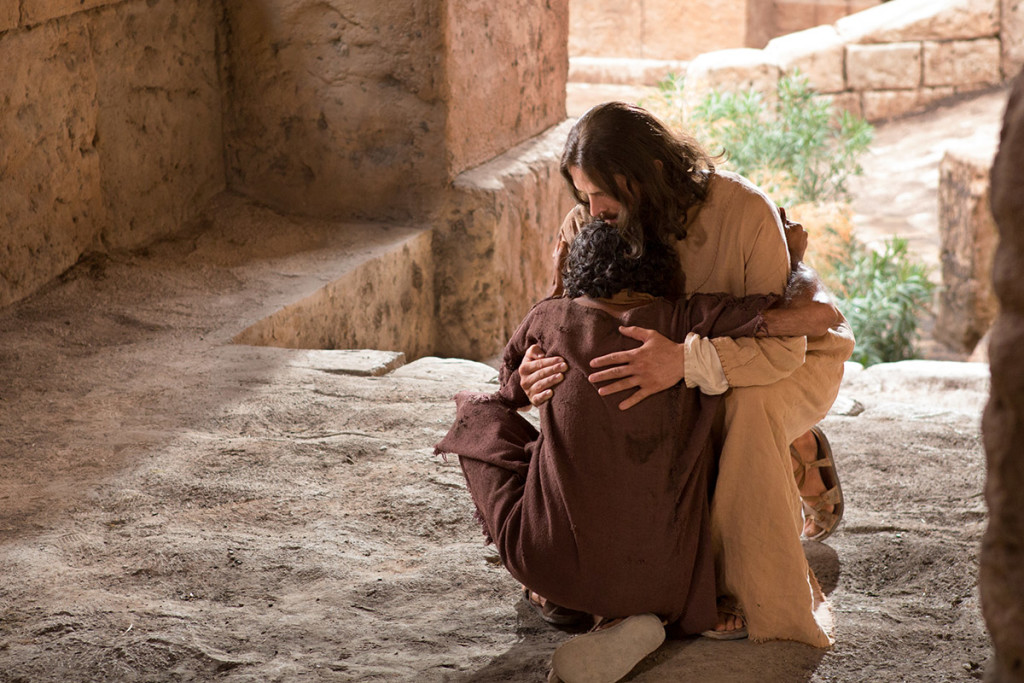Mercy
“Who was the man’s neighbor?” “The one who showed him mercy.” (Lk 10:36-37)
We are all familiar with the story of the Good Samaritan – a man beaten and left for dead is ignored by those who had an obligation to help him but is rescued by a foreigner. What we tend to miss in this story is Jesus’s command, “Go and do likewise.” (Lk 10:37) We all want mercy extended to us, but do we extend it to others? Do we really treat others as our neighbor?
In March 2020 we commonly heard the phrase “we are all in this together.” Yet we have become more fractured and divided than ever. People have been saying horrendous things to other people online for quite some time, and now we have graduated to saying these things in person. We have come to see a masked face as just a computer screen, forgetting there is a person on the other side. We have come to think that if someone disagrees with us that person does not deserve to be treated with respect. In denying the humanity of other people we are in danger of losing our own.
How do we reverse this dynamic? The first step is contemplating why we want to change it. In Les Misérables, one of the greatest Catholic novels of the 19th century and one of the most enduring musicals of the 20th century, Victor Hugo contemplates just that. Jean Valjean serves 20 years of hard labor for stealing a loaf of bread to feed his starving family. When he gets out of prison, there is no family left and he cannot find work because his papers (sound familiar?) show that he had committed a crime. Desperate, he seeks refuge at a church where a kind bishop serves him a meal and gives him shelter for the night. Jean Valjean is arrested later that night for stealing his silver. The bishop could choose to let Valjean be arrested, but instead tells the policemen that the silver was indeed a gift to Valjean and then turns to Valjean and says, “But my friend you left so early, surely something slipped your mind. You forgot I gave these also, would you leave the best behind?” and hands him two silver candlesticks. Valjean cannot understand why the bishop was so merciful to such an undeserving person and the bishop tells him, “By the witness of the martyrs, by the Passion and the Blood, God has raised you out of darkness, I have bought your soul for God!”
The moment of mercy is the turning point of the entire story. Valjean recognizes his own forgotten humanity and turns his life around. Several times he risks his freedom to help another person simply because showing them mercy was the right thing to do. The mercy that he was shown preserves his freedom, but it is showing mercy to others that transforms his own soul.
We are familiar with the words of Jesus, “Be merciful as your Father is merciful” (Lk 6:36) but as we read the parable of The Good Samaritan, we often forget the scribe’s original question: “Teacher, what must I do to inherit eternal Life?” (Lk 10:25)
Works Cited
Boublil, Alain, Schönberg, Claude-Michel, Kretzmer, Herbert. “Les Miserables.” Les Miserables Script.pdf, Alain Boublil Music Ltd., 1985.
Hugo, Victor. Les Miserables. Mint Editions, 2021.





